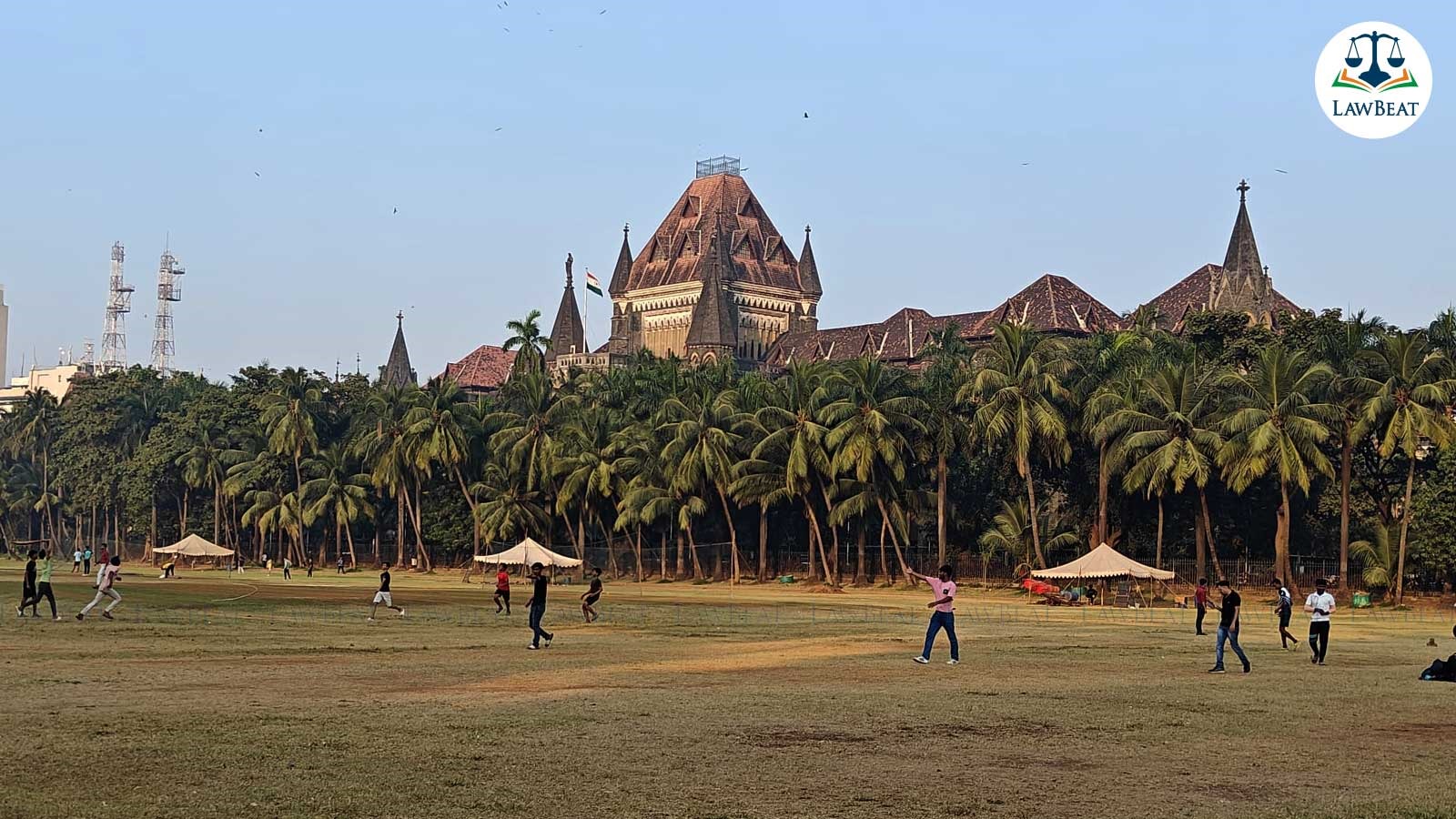Concurrent Sentence| Bombay HC Orders Release of Convict Subjected to Separate Imprisonment in Two Cases for Non-payment of Fine

The CJM had convicted the petitioner in a 2013 case, sentencing him to three years of rigorous imprisonment and imposing a fine of Rs. 5000. Additionally, the CJM directed that in case of failure to pay the fine amount, the petitioner should undergo three months of simple imprisonment. A similar judgment was passed against the petitioner in a 2012 case filed against him.
The Bombay High Court has directed the release of a convict who was subjected to separate imprisonment in two different cases due to failure to pay the imposed fine amount by the court.
The division bench of the high court in Aurangabad, consisting of Justice RG Achavat and Justice Sanjay Deshmukh, heard a petition filed by a man convicted in two separate cases by the Chief Judicial Magistrate (CJM) of Dhule.
The CJM had convicted the petitioner in a 2013 case, sentencing him to three years of rigorous imprisonment and imposing a fine of Rs. 5000. Additionally, the CJM directed that in case of failure to pay the fine amount, the petitioner should undergo three months of simple imprisonment.
A similar judgment was passed against the petitioner in a 2012 case filed against him.
The counsel for the petitioner argued that although the CJM decided the two cases mentioned above, Section 427(1) of the Cr.P.C. was not invoked. Consequently, the CJM failed to direct that the sentences in these cases should run concurrently.
He submitted that the petitioner has already undergone more than three years of rigorous imprisonment, and he is now directed to undergo three months of simple imprisonment in each case for non-payment of the fine.
The counsel urged the court to issue necessary directions to run these sentences concurrently, including the default sentence for non-payment of the fine amount.
The Additional Public Prosecutor opposed the plea, stating that the fine amount was not paid by the petitioner, and therefore, he has to undergo the default sentence for not paying the fine.
The division bench of the high court observed that the petitioner has been in jail for approximately 1945 days since the date of arrest and has already completed 5 years in jail.
“As per record, the petitioner is in jail near about for 1945 days from the date of arrest. The set off is granted to him under Section 428 of Cr.P.C. He has almost completed more than five years in jail. For default in payment of fine also he cannot be kept behind bar which covers in set off period. The respondent No.2 and Chief Judicial Magistrate, Dhule ought to have considered that application submitted to them for concurrent running of sentence in its proper perspective,” the order reads.
The bench further remarked that the CJM failed to consider Section 427 of the Cr.P.C. in its proper perspective and did not exercise discretion in favour of the petitioner.
“The learned Chief Judicial Magistrate, Dhule failed to consider section 427 of Cr.P.C. in its proper perspective and also failed to exercise the discretion in favour of the petitioner. It failed to invoke Section 427 of Cr.P.C. in favour of the petitioner. This power has to be exercised by the trial Courts in appropriate cases like this,” the order reads.
Case title: Guru Bhalerao vs State of Maharashtra & Anr
